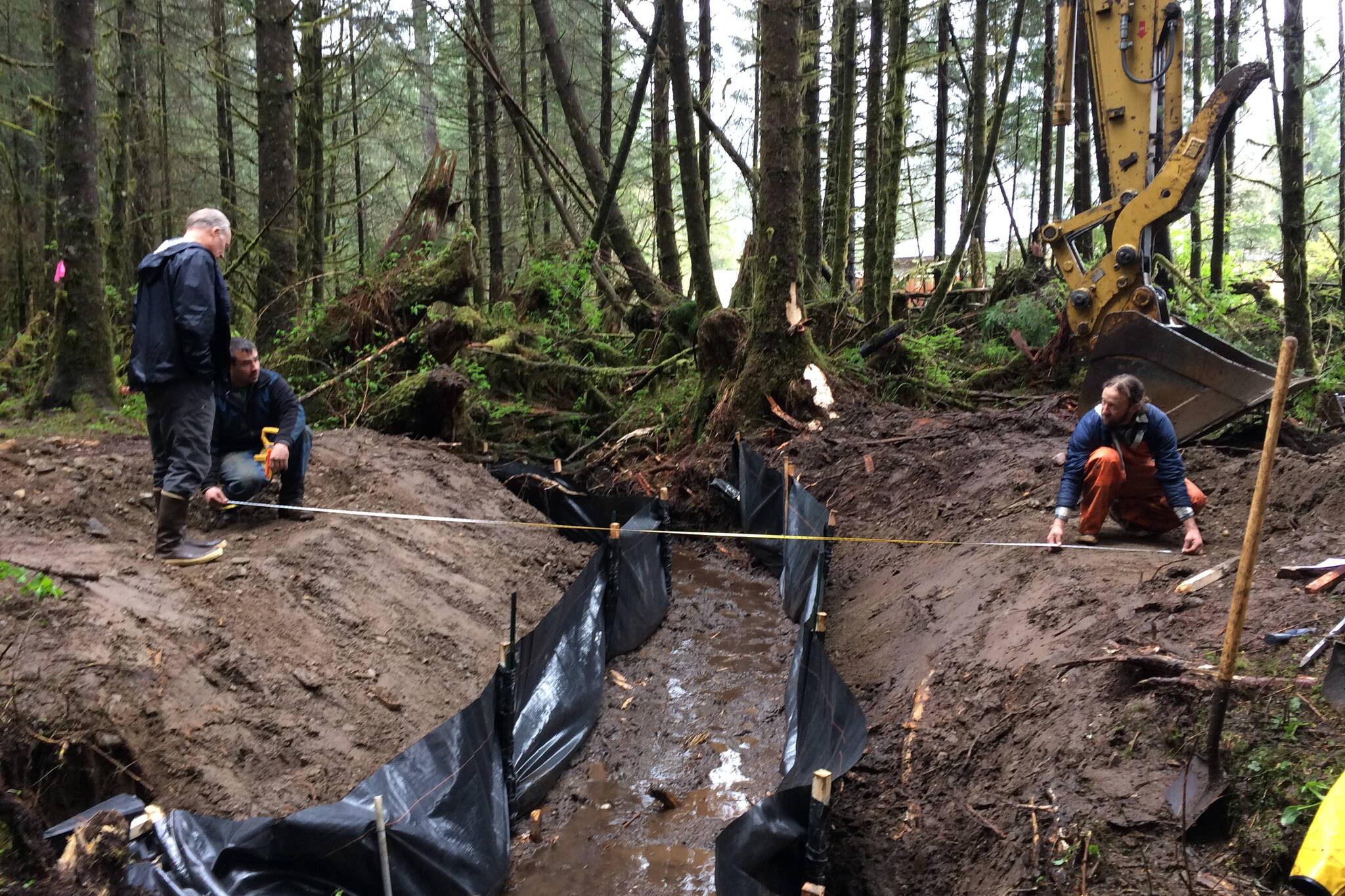“Why did the fish cross the road” sounds like the setup for a groan-inducing punchline, but since another $1 billion to help them do it is being provided by the federal government it’s no joke.
The funding will be available for tribal, local and state governments seeking to remove and repair culverts under roads that can prevent fish passage, U.S. Transportation Secretary Pete Buttigieg said Thursday during an event in Washington state. The program stemming from last year’s $1.2 trillion bipartisan infrastructure law is scheduled to allocate $200 million to applicants during each of the next five years.
“With this investment, we’re helping protect local economies that count on healthy fisheries and also make key roads less prone to flooding,” Buttigieg said. “This first-in-its-kind effort will begin to address the longstanding challenges posed by existing culverts for fishing and tribal communities, from the Pacific Northwest to the low-lying communities in the southeast.”
While Buttigieg’s “southeast” wasn’t referring to the Alaska panhandle, there are literally hundreds of “red pipes” in the region the U.S. Forest Service has identified as needing replacement, said Katie Rooks, environmental policy analyst for the Southeast Alaska Conservation Council. While Forest Service officials sought to do six such repairs last year, only two ended up being completed for reasons related to the COVID-19 pandemic.
“I don’t think they can do more than single digits each year because it’s complex,” she said.
Long lists of culvert repair projects exist at the federal, state, tribal and local levels due to the pipes getting clogged or unable to handle higher water flow levels, a situation worsening in many areas due to more extreme conditions caused by climate change, according to the DOT’s online overview of the new grant funding. Many repair projects, in addition to allowing freer fish passage, seek to make the culverts more resilient to increasing flooding.
Among those directly involved with identifying and assisting with the coordination of restoration projects is the Southeast Alaska Watershed Coalition, whose current culvert undertakings include a bridge in Gustavus that was recently repaired, a private driveway in Douglas and another bridge project pending in Klawock that tops the priority list, said Rob Cadmus, the organization’s executive director.
“It’s part of a really important subsistence watershed,” he said. The current culvert is “blocking more than a mile of sockeye salmon spawning habitat.”
The cost of projects can range from roughly $100,000 for a small forestry road in an undeveloped area to a repair under a major freeway crossing a large stream that might cost the entire amount of the new federal program, Cadmus said. As would be expected in a largely rural/remote state, Alaska’s list of projects falls on the lower end of that scale.
Priority will be given to projects that improve passage for fish listed as endangered or threatened species (or have a reasonable chance of being classified as such), that are prey for endangered species, are climate-resilient, and/or open up more than 200 meters of upstream habitat, according to the program’s website.
The application deadline is Feb. 6, 2023.
Contact reporter Mark Sabbatini at mark.sabbatini@juneauempire.com.

